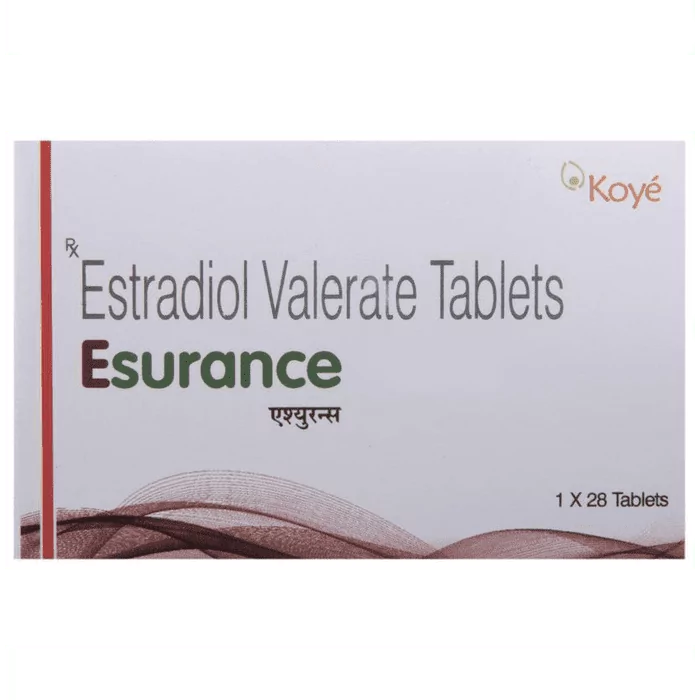Are you exhausted from constantly dealing with dry, flaky skin?
Most women face a number of challenges as they age, including skin problems such as dryness and flakiness.
Although there can be many reasons behind these symptoms, reaching Menopause is a common factor behind such symptoms.
Menopause is a stage in a woman’s life where her reproductive capabilities come to an end.
The first signs of this condition are irregular or missed periods, often followed by other symptoms such as hot flashes and weight gain.
However, many women also experience skin changes due to Menopause.
This article highlights the causes, symptoms, and possible treatment options for Menopause dry skin.
Causes of Menopause Dry Skin
The prime cause of dry skin during Menopause is the declining levels of Estrogen hormone.
Besides regulating the menstrual cycle, Estrogen also helps maintain skin hydration and elasticity.
This is done by stimulating the production of hyaluronic acid and collagen in the skin cells.
However, as women reach Perimenopause, there is a rapid decline in the levels of Estrogen.
These reduced Estrogen levels can result in drier, less supple skin after Menopausal women.
In fact, studies reveal that collagen levels decline by 30% within the initial five years of Menopause.
This is followed by around a 2% decrease annually for the next two decades or more.
You may also experience other Menopause symptoms, such as hot flashes, Anxiety, weight gain, and acne due to this decrease in Estrogen.
Save up to 90% on your medicine bills

Progynova 2 mg

Oestrogel 2.5 gm / 1.5 mg

Estrabet 2 Tablet

Esurance Tablet
Menopause Dry Skin Symptoms
 Source: PORNCHAI_SODA_from_GettymagesPro
Source: PORNCHAI_SODA_from_GettymagesProGenerally, dry skin due to Menopause is first visible on your elbows and forehead, gradually spreading to other parts of your body.
Women facing Menopausal dry skin may frequently complain of:
- Dry skin
- Itchiness
- Redness
- Flakiness
- Sensitive skin
- Fine lines or Wrinkles
- Skin cracking
Most of these skin-related changes are permanent and begin during Perimenopause, the first stage of Menopause.
However, you can take certain measures to minimize skin damage during Menopause.
Let us proceed to the next section to learn about some of these measures.
How to Deal With Dry Skin During Menopause
To effectively address dry skin due to Menopause, it is important to consult your doctor to seek medical attention.
They may prescribe certain medications for Menopause to treat the hormonal imbalances behind your dry skin.
They may also recommend switching heavy moisturizers with softer alternatives such as petroleum jelly or mineral oils.
Along with these measures, it is advised to include healthy fats in your diet to retain moisture naturally.
These food options include salmon, walnuts, and flaxseed oil.
Applying a light sunscreen before facing the sun is also recommended to avoid sunburns on your dry skin.
Additionally, some people also opt for natural remedies for Menopause, such as herbs and teas.
Various additional supplements are also available to complement your medications. If you wish to explore supplements for Menopause, read Menopause Supplements: A Guide to Effective Relief.
Conclusion
Menopause is a biological stage among females that marks the end of their reproductive abilities.
This stage results in a variety of symptoms, such as hot flashes, Anxiety, and mood swings.
Dry skin is another prevalent symptom of Menopause, caused by decreased Estrogen levels.
It may lead to itchy, red, or flaky skin with the development of fine lines, wrinkles, and cracks.
To treat Menopause dry skin, consult a certified doctor to receive proper medications for your symptoms.
Additionally, replace chemical-heavy moisturizers with natural alternatives such as mineral oils.
It is also essential to include rich fats in your diet to naturally restore skin moisture during Menopause.

Frequently Asked Questions
What body lotion is good for Menopause dry skin?
Body lotions with ingredients like hyaluronic acid, shea butter, and ceramides are effective for Menopause dry skin.
Look for fragrance-free, hypoallergenic options to minimize irritation.
Is dry skin related to low Estrogen?
Yes, low Estrogen levels during Menopause can contribute to dry skin.
Lack of Estrogen in the body impacts oil production and moisture retention in the skin.
Hormone replacement therapy or moisturizers may help alleviate dryness.
Is coconut oil good for Menopausal skin?
Coconut oil can temporarily relieve Menopausal dry skin, but it may not be suitable for everyone.
It is advised to test on a small area and consult your doctor.
Does Menopause dryness go away?
No, Menopausal dryness is often a permanent condition among women.
However, it may improve with proper skin care and hormone therapy.
Consistent moisturizing and consulting with your doctor can help manage symptoms effectively.
How can I tighten my skin during Menopause?
To tighten skin during Menopause, consider exercising regularly and including healthy fats in your diet.
Adequate hydration and skincare products containing retinoids or peptides may also help improve skin elasticity during Menopause.
Cheap Medicine Shop only refers to credible, authoritative sources for our content. If you’re curious about how we ensure the integrity of our content, we encourage you to read our Content Information Policy.














